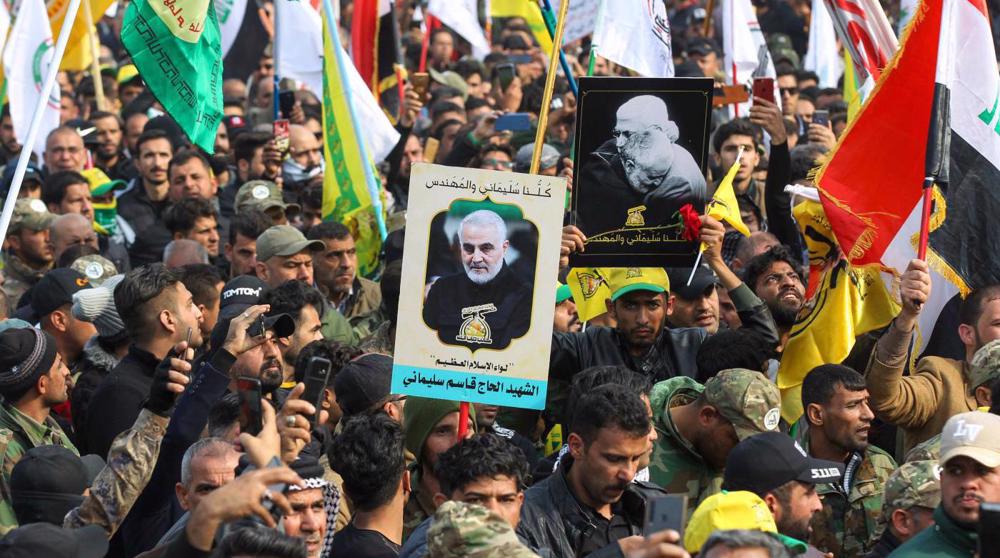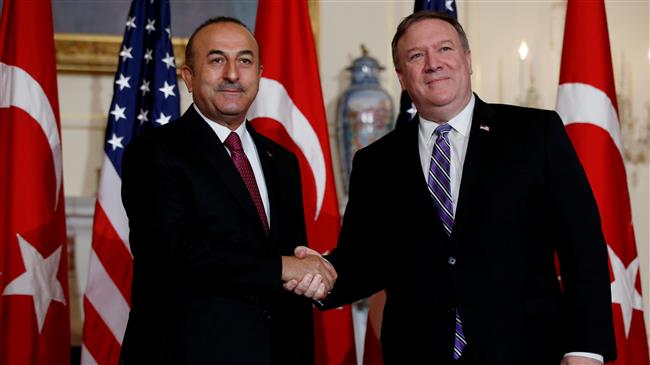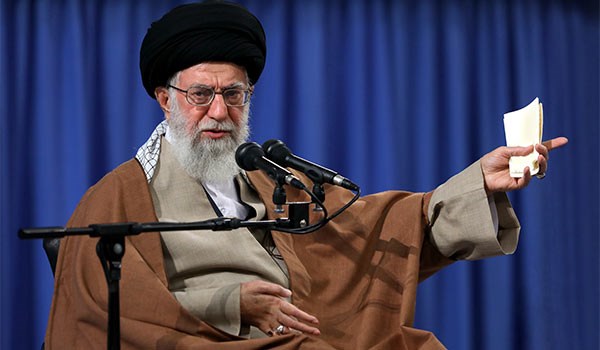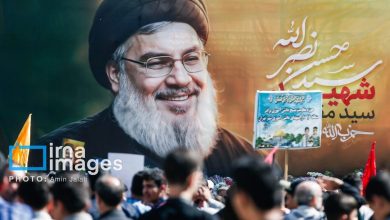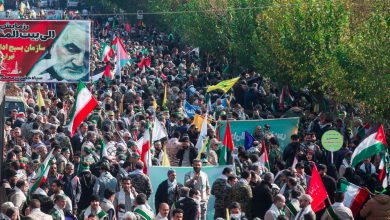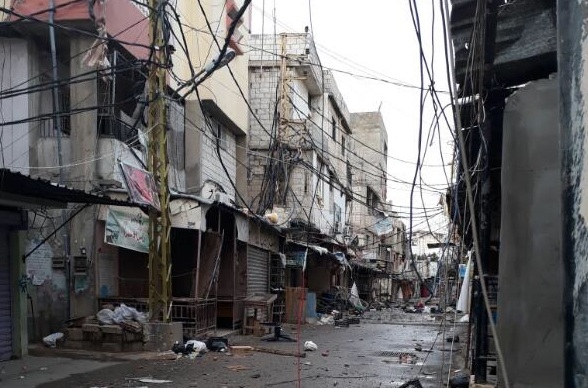Iran sends second official notice to US, seeking arbitration over Gen. Soleimani assassination case
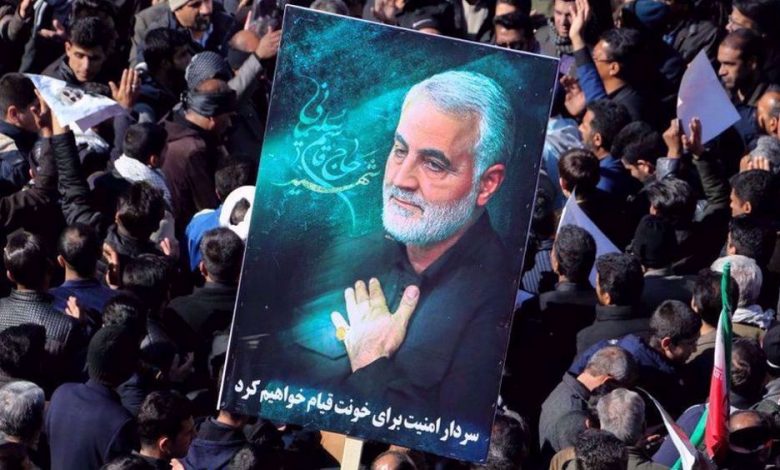
The Iranian Foreign Ministry has sent a second official notice to the US administration, seeking arbitration over the 2020 assassination of Iran’s top anti-terror commander Lieutenant General Qassem Soleimani in a US drone strike near the Iraqi capital of Baghdad.
Tavakkol Habibzadeh, the head of center for Iranian President’s Legal and International Affairs, made the announcement on Monday, saying the second notice was written and sent after the United States failed to respond to the first one on holding negotiations.
The notice demanding arbitration was written based on the Protection of Diplomats Convention, a 1973 United Nations anti-terrorism treaty on the prevention and punishment of crimes against internationally protected persons, including diplomatic agents.
According to Article 13 of the convention, Habibzadeh said, the first notice seeking negotiation is sent to the other party and if it does not respond to it, the second memo is sent to request arbitration.
As per the convention, if no response is provided by the Americans within six months from the date of the request for arbitration, the third step will be taken that is referring the dispute to the International Court of Justice, he further explained.
Habibzadeh said that about a month and a half ago, the Iranian Foreign Ministry sent the second notice to the United States to request arbitration between Tehran and Washington, and that the US administration has until the end of April to respond to it.
An Iranian official says the country is determined to legally pursue the assassination of General Soleimani.
General Soleimani, commander of the Quds Force of Iran’s Islamic Revolution Guards Corps (IRGC), Abu Mahdi al-Muhandis, the second-in-command of Iraq’s Popular Mobilization Units (PMU), and their companions were assassinated in a US drone strike authorized by then-US President Donald Trump near Baghdad International Airport on January 3, 2020.
Two days after the attack, Iraqi lawmakers approved a bill that required the government to end the presence of all foreign military forces led by the US in the country.
Both commanders were highly revered across the Middle East because of their key role in fighting the Daesh Takfiri terrorist group in the region, particularly in Iraq and Syria.
On January 8, 2020, the IRGC targeted the US-run Ain al-Asad base in Iraq’s western province of Anbar with a wave of missile attacks in retaliation for the assassination of General Soleimani.
According to the Pentagon, more than 100 American forces suffered “traumatic brain injuries” during the counterstrike on the base, with the Islamic Republic describing the missile attack on Ain al-Assad as a “first slap.”
